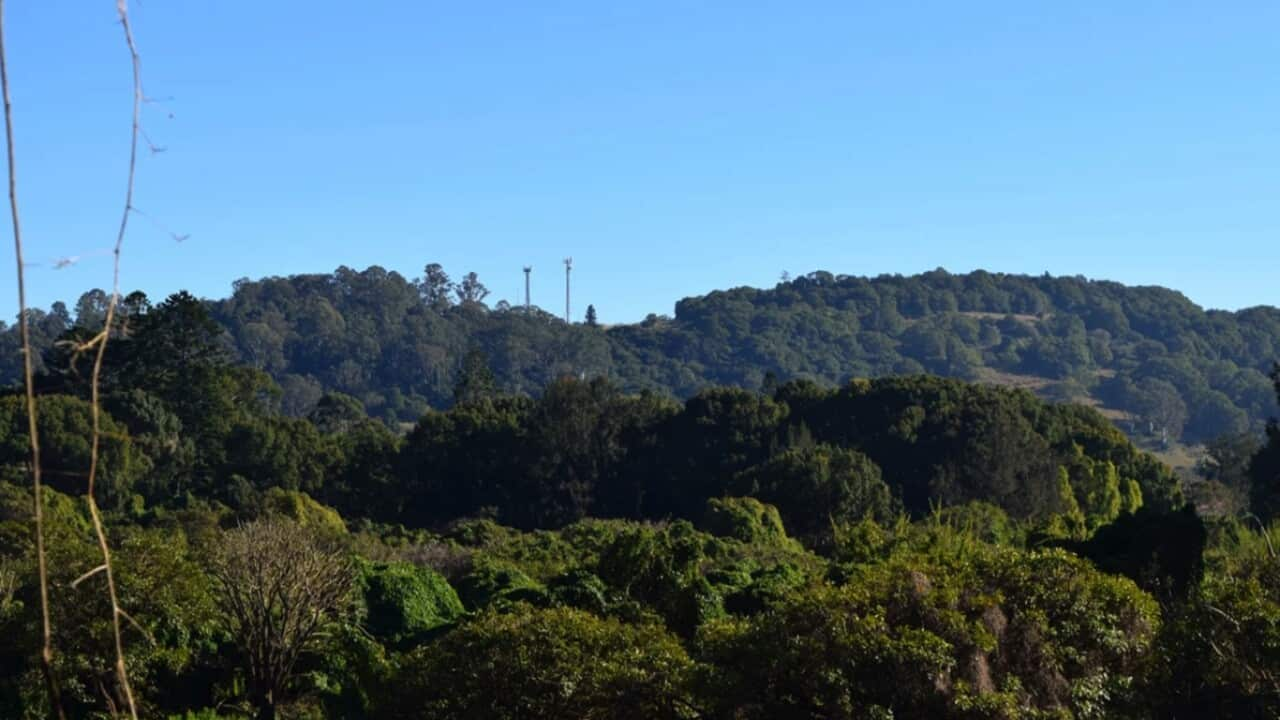A sacred site at the foot of a Queensland mountain where 300 Indigenous people were massacred has been handed back to the Darumbal People.
The state government handed control of the culturally significant site at the foot of Gai-i, formerly Mount Wheeler, in a ceremony in bushland southwest of Yeppoon on Thursday.
The Gawula Aboriginal Land Trust, representing the Darumbal People, became the trustee of the 13.5-hectare reserve, surrounded by land where the Darumbal People already hold Native Title.
Darumbal woman Aunty Sally Vea Vea recalled the violence that took place at the site.
"In the late 1800s, more than 300 Darumbal People were massacred on the base of Gai-i. They treated killing us like a sport,'' Aunty Sally said.
"This trauma has been passed down generations. We have stories of people with us today whose grandmothers and aunties saw these atrocities."
For Aunty Sally, the handing back allows "settling".
"Now we've got the massacre site back, there's been a settling inside me. I know we've done right by our old people, who still live there in spirit," she said.
The mountain's name was returned to the Indigenous title, Gai-i, in 2018 after lobbying by local groups advocating for the removal of links to past atrocities.
"Getting the mountain's name changed from Mount Wheeler to Gai-i in 2018 was a big step forward for us as Captain (Frederick) Wheeler was responsible for these massacres on our Country,'' Aunty Sally said.
"The Darumbal People will continue to care for Country and tell people of the history of this place - the good and the bad."
Aboriginal and Torres Strait Islander Partnerships Minister Craig Crawford said the handback and return Gai-i's original name was a step towards healing.
“By acknowledging the true story of the site, it allows for a proper process of healing,’’ Mr Crawford said.
“This sort of justice is symbolic of all of our efforts towards true reconciliation for all Queenslanders.’’
Resources Minister Scott Stewart said the government was proud to work with First Nations People across the state to formally recognise their deep connection to Country.
"This moment is a shining light in what is a deep, dark history of dispossession of Aboriginal and Torres Strait Islander People in this state," he said.











